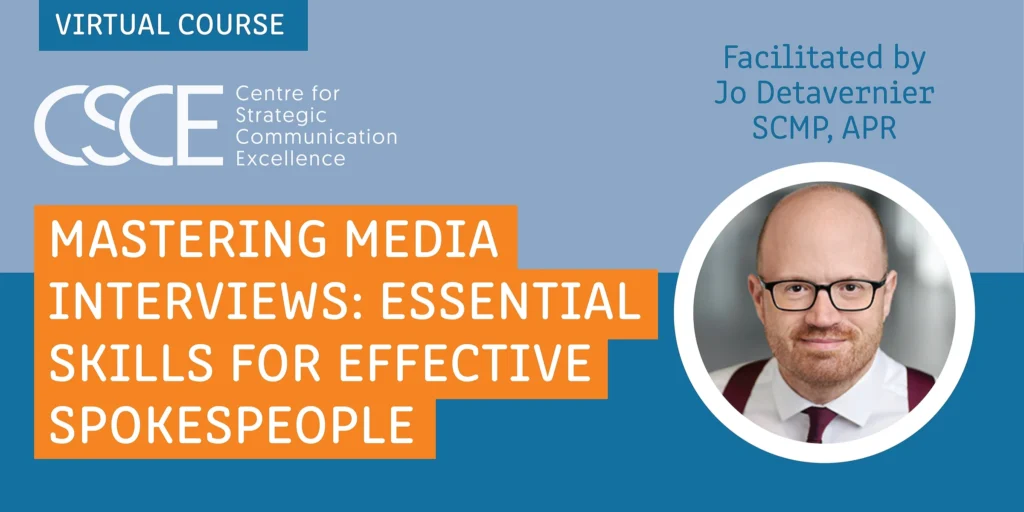I have a lot of respect for good people managers. It’s a massive responsibility – managing another person. If you get it right, you significantly and positively affect another person’s life and career prospects, and if you get it wrong, the opposite is true.
Perhaps that’s why it’s so disappointing to see managers promoted for their technical abilities not taking the people management aspects of the job seriously. It’s tough coaching people to identify and seek out their ideal job, only to see them go into an organisation where the boss is not the best they can be. Having people managers underperform is a lost opportunity for organisations as well. Good managers know how to engage and motivate their people and run high-performing teams, and they’ll attract talented people into the organisation. As noted on The Muse recently: “Exceptional employees want to work for exceptional bosses”.
A big part of being an exceptional boss is being a skilled communicator. That means consciously and persuasively communicating in the most effective way – using the right messages, via the right channel, at the right time – to better engage and align staff with the organisation’s goals. It also means providing the context so staff understand the ‘why’ of organisational strategy.
I heard an excellent speaker give a great example of this at a diversity and leadership hosted by Massey University.
For Mike Bennetts, CEO of Z Energy, communicating the context sits at the heart of his whole approach to leadership. He even wrote book for Z Energy staff called ‘The Z Why’ in which he provides the rationale and context for everything the company does.
“Leaders have the ability to transform culture by the way they talk about it,” he said. “At Z we focus on achieving extraordinary outcomes by setting the appropriate context, rather than by trying to control people. High performing and talented people will do much better work if they understand the context”.
The opportunity
If you are in a position of influence in your organisation, have you stopped to question how well people managers communicate the context of high level decisions and organisational strategy?
If you are a people manager, how would your staff rate your abilities in this space? Exceptional, or just mediocre?
Investing in improving manager communications competencies could be money well spent – for staff who want to work for exceptional managers, for managers who want to be exceptional bosses, and for the organisation that wants to achieve exceptional outcomes.






